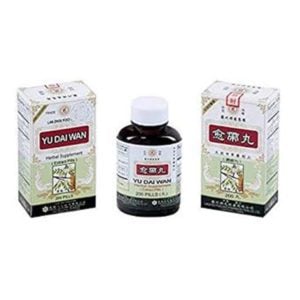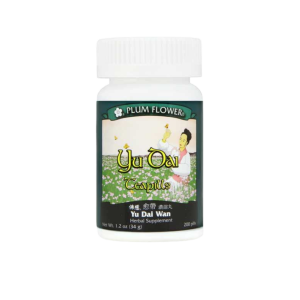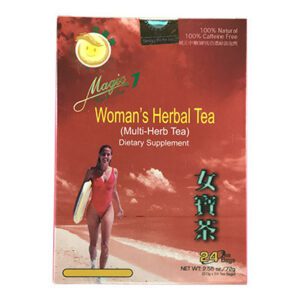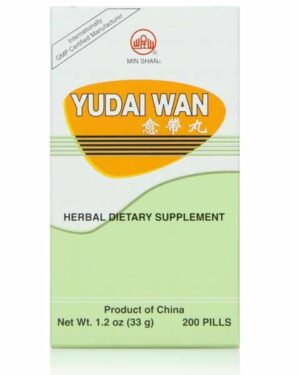Chun Gen Pi
English Name: ailanthus bark
Pharmaceutical Name: Cortex Ailanthi
Medica Category: Astringent Herbs
Properties: Chun Gen Pi enters the Large Intestine, Stomach, and Liver channels; it is bitter and astringent in nature and old in temperature.
What is Chun Gen Pi?:
The Chinese Herb Chun Gen Pi is the dried bark of ailanthus tree (aka tree of heaven– Ailanthus altissima (Mill.) Swingle), which a large deciduous tree that is native to central and northeast China and was introduced to North America in the late 1700’s/early 1800’s as an ornamental tree and as a source of food for silkworms. Alas, it grows (and spreads) quite rapidly and is widely considered to be an invasive species or noxious weed in much of the U.S. today.
For use as medicine, the inner bark is used– the rough, outer bark is removed and strips of the inner bark are cut from the living tree and then dried. Chun Gen Pi can then be decocted and taken internally, or the decoction can be used as a wash (for topical applications). The charred form of the herb is used when the purpose is to stop bleeding.
Traditional Chinese Medicine (TCM) Therapeutic Actions of Chun Gen Pi:
Chun Gen Pi clears heat, dries dampness, and binds the intestines and is commonly used to treat chronic, damp-heat diarrhea and dysentery that presents with blood and pus in the stool.
Chun Gen Pi stops bleeding and is used to address uterine bleeding and red or white leukorrhea.
Chun Gen Pi kills intestinal parasites and fungus. For this purpose it is usually combined with other antiparasitic herbs in formula because an effective, therapeutic dose of Chun Gen Pi (as a single herb) to kill parasites would often cause nausea and vomiting.
–safety/clinical notes:
Chun Gen (Radix Ailanthi) is the entire root of Ailanthus altissima; it is bitter and astringent and enters the Stomach to dispel dampness from the middle jiao as well as binding the intestines. It also clears heat to reduce swelling and inflammation and promotes the eruption of measles. Clinically it is used for chronic diarrhea and dysentery, hematochezia, profuse menstrual discharge, and cancers of the rectum and cervix. It is contraindicated for deficiency and cold of the Spleen and Stomach.







